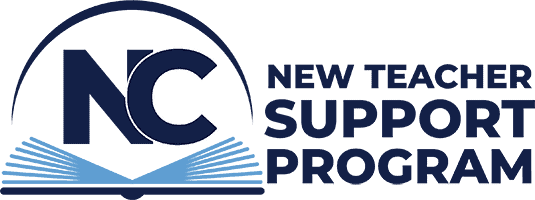Glossary
edTPA TERMINOLOGY
| PLANNING CONSTRUCTS | |
|---|---|
| Planning for content understanding | A teacher's instructional plans purposefully organize tasks, activities, and/or materials to align with the central focus and content standards/objectives. |
| Planning for varied student learning needs | A teacher's instructional plans are designed to support students in relation to their individual characteristics. |
| Knowledge of students | A teacher develops learning tasks that make content meaningful to students by drawing upon knowledge of individuals or groups and research or developmental theory. |
| Identifying and supporting language demands | A teacher's instructional plans, based on evidence, are designed to identify how they will further develop a student's use of language. |
| Planning Assessments | During instructional planning, a teacher identifies the informal and formal assessments that will be used to monitor student learning. |
| INSTRUCTION CONSTRUCTS | |
|---|---|
| Learning environment | A teacher establishes a challenging learning environment while fostering respectful interactions between the teacher and students, and among students. |
| Engaging students in learning | A teacher delivers instruction that engages students in meaningful learning experiences and discussions through multiple modalities that promote active learning. |
| Deepening Student Learning | A teacher delivers instruction that elicits student responses to promote complex thinking and content understanding. |
| Subject-specific pedagogy | A teacher delivers instruction that uses modeling, demonstrations, and content examples to develop students' knowledge/skills, content understanding. |
| Analyzing teaching effectiveness | A teacher uses evidence to evaluate and adjust teaching practice to meet students' varied learning needs. |
| ASSESSMENT CONSTRUCTS | |
|---|---|
| Analysis of student learning | A teacher deeply reviews student work to identify patterns of individual and whole-class learning. |
| Providing feedback | A teacher provides meaningful feedback, based on artifacts and evidence (i.e student work) to inform them of what they are doing well and what needs to improve in relation to the learning objectives. |
| Student use of feedback | Students have a clear understanding and guidance of how to use teacher feedback to guide their further learning. |
| Assessing student language use | A teacher analyzes his/her students' use of language to develop content understanding. |
| Using assessment to inform instruction | A teacher uses an analysis of what students know and are able to do to plan the next steps in instruction. |
